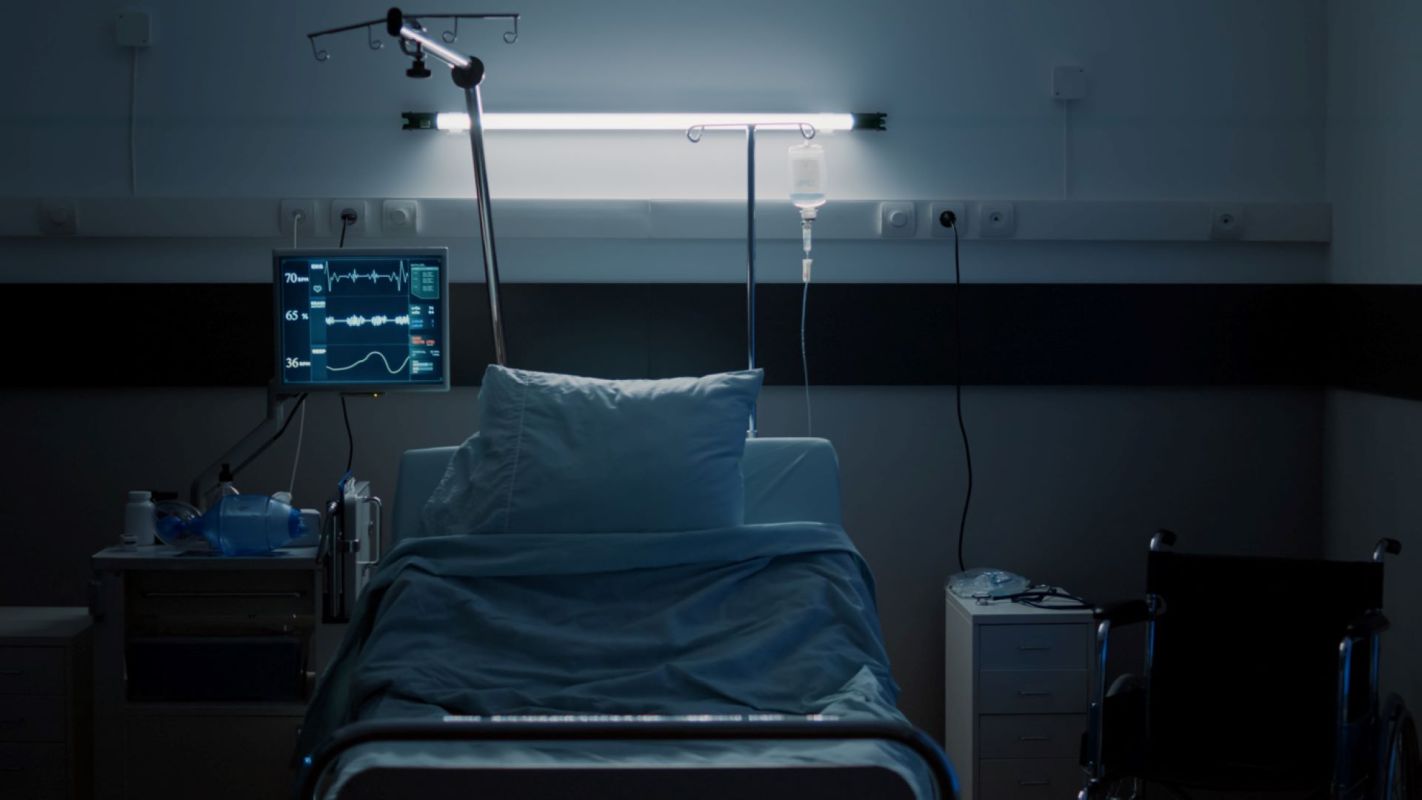As the world heats up and severe weather conditions become more common, some areas are more at risk than others.
American territories of Puerto Rico and the U.S. Virgin Islands have been especially hard-hit and are still suffering from the knock-on effects of Hurricanes Maria and Irma in 2017. Yale Climate Connections reported that the recent Fifth National Climate Assessment revealed the extent of the damage.
What's happening?
These Caribbean island territories suffered destruction and death tolls of over 4,000 during the hurricanes themselves, but that was just the beginning. In the wake of the 2017 hurricane season, Puerto Rico and the U.S. Virgin Islands continued to struggle.
Yale Climate Connections explained that it took much longer to re-establish sources of electricity and clean drinking water than it would have in wealthier parts of the United States, with some communities going without for almost a year.
One in 14 children suffer from post-traumatic stress disorder caused by those events. Healthcare professionals flooded out of the territory, leading to a 46% decrease in practicing doctors in Puerto Rico over the last decade.
Why do these past disasters matter?
All that has put more strain on people with existing health concerns — sometimes with fatal results. According to the assessment, there was a spike in Puerto Rico in deaths from cardiovascular conditions, diabetes, overdose, alcoholism, and dementia, all of which were likely due to the disaster. The assessment warned that the trend would probably continue.
"Perhaps we are among the least responsible for climate change, but we are being among the most impacted," University of Puerto Rico associate professor Pablo Méndez-Lázaro told Yale Climate Connections. Méndez-Lázaro was one of the lead researchers on the project.
What is being done to help the islands?
In 2024, the U.S. government promised $3 million to the U.S. Virgin Islands for dealing with Earth's rising temperature and the accompanying chaotic weather, Yale Climate Connections stated.
Both the U.S. Virgin Islands and Puerto Rico are also taking steps of their own, such as establishing "microgrids" to provide electricity to small, local areas without relying on the wider power network.
"These extreme events have been like a game changer and have promoted unity, structure, organization with community leaders, and many organizations to seek social transformation toward sustainability, adaptation, and addressing issues of injustice," Méndez-Lázaro said.
Join our free newsletter for weekly updates on the coolest innovations improving our lives and saving our planet.









